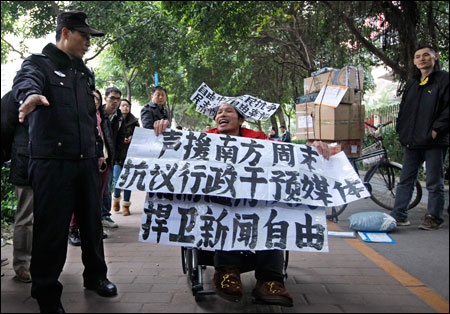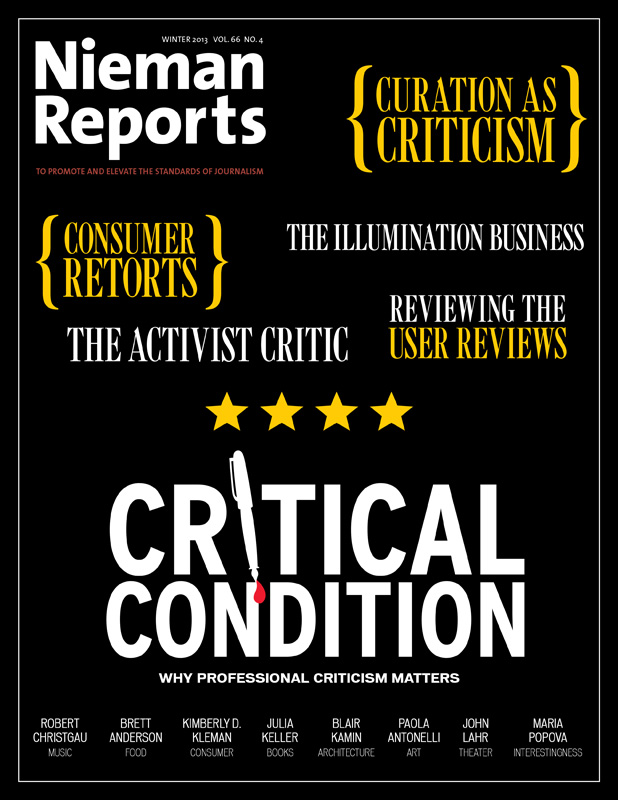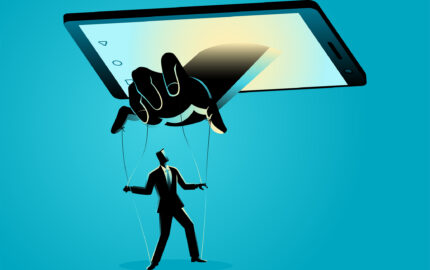
Protesting press censorship in Guangzhou, China in January. Vincent Yu/The Associated Press.
The idea of tight control—of guns as well as pens—has always been considered by the Communist Party as the most important way to maintain its rule. In China, either the party or the state must own every media outlet. At the core of China's media censorship regime is the Central Propaganda Department (CPD) of the Chinese Communist Party. The CPD has two functions: to control information and to control souls. By controlling information, the party can drive individuals away from independent thinking and turn them into tools of the party. However, it's becoming harder and harder to control information and individual thinking so the censorship and propaganda regime has to grow faster and faster.
The CPD is an internal division of the Communist Party of China. There are propaganda departments across the country at every level of the party-state hierarchy, from the central and provincial all the way down to the municipal and county. Propaganda department heads are all top political leaders. For example, the head of the propaganda department in Shanghai is one of 13 members of the Standing Committee in Shanghai, the city's top leadership. To keep some kind of press independence, courage and willingness to compromise are not enough. You need delicate political skills to make friends with influential officials to ensure support when your news organization is threatened.
Censorship typically takes three forms: pre-publication directives, self-censorship, and post-publication punishment. The propaganda department can issue directives at regular meetings held before any reporting begins or by phone if big news breaks. Self-censorship is done by editorial teams themselves. Over the past few years, as censors came to believe that market-oriented media were getting out of control, they asked the party or state owners to put official censors into newsrooms to redact or kill stories before publication. Some publications have to inform the propaganda department of all the important stories they plan to run; almost all the breaking news or sensitive stories are canceled.
Punishment after publication is the nuclear option. It increasingly originates not from the censors but from the subjects of news articles: government departments, state-owned enterprises, etc. Punishments vary. Non-institutional media (outlets permitted to generate revenue through circulation and advertisements, though still party- or state-owned) can be shut down, while institutional media can have their chief editors removed.
These are the best of times for Chinese journalists since big news stories pop up almost every day. But these are also the worst times for us due to the heavy hand of censorship. We feel deeply frustrated to watch some of the biggest stories in China reported only by foreign media like The Wall Street Journal and The New York Times. In January of 1999, Southern Weekly, one of the most outspoken publications, ran a famous New Year editorial calling on the Chinese media to give power to the weak and hope to the hopeless. Fourteen years later, this is still our mission.



